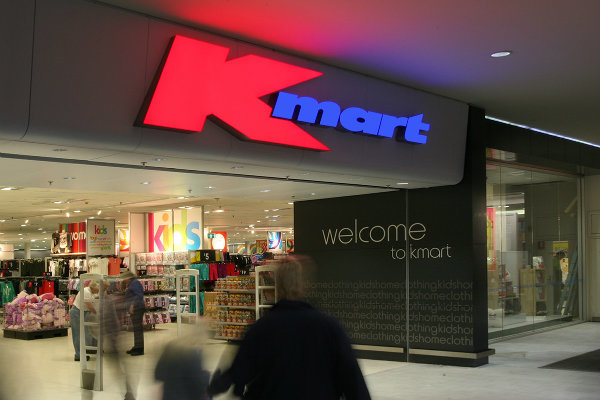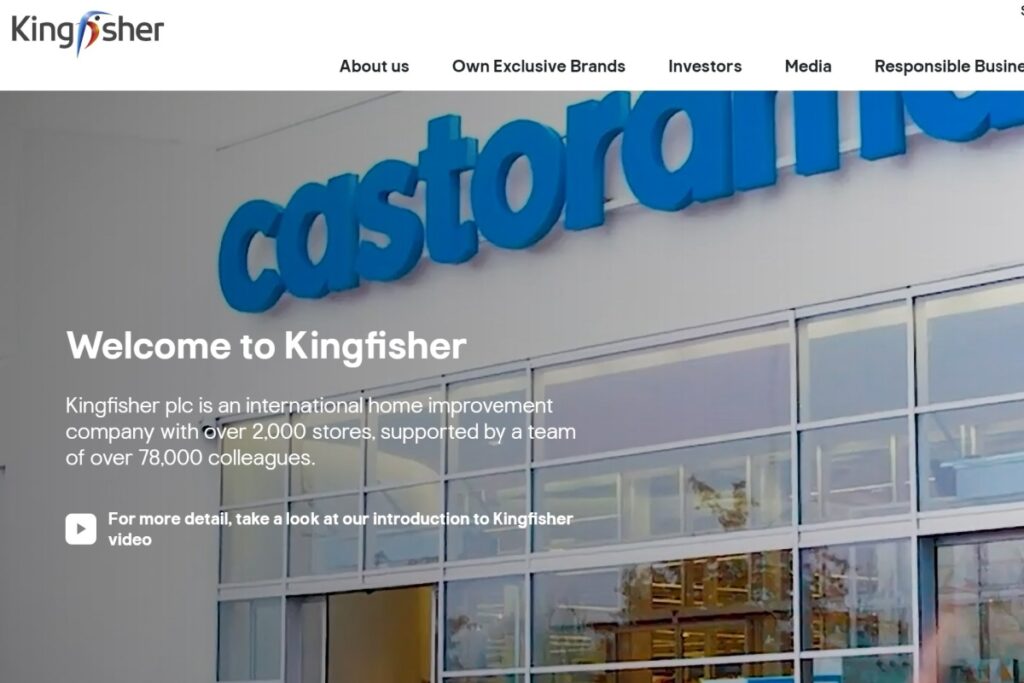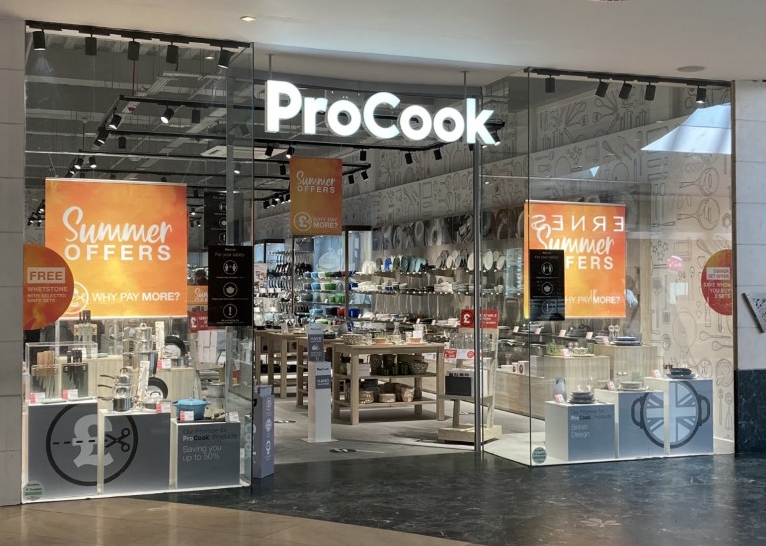Target is expected to record losses of over $150m by 2018, dragging Kmart, which The Australian called its ‘star performer’, down with it.
A new report from Bank of America Merrill Lynch analyst David Errington argues that Wesfarmers might have underestimated customer loyalty to the different brands and cultures of Target and Kmart, which are to merge. Errington cites that disillusioned Target customers could migrate to merger arch rival Big W, an Australian franchise of discount deparmtnet stores.
Errington has also cast doubt on the level of earnings Wesfamers will reap from its £340m acquisition of Homebase, saying it will not deliver acceptable returns for shareholders. He adds that if Brexit were to happen, it would prove a material risk to the Homebase business.
His scathing report downgrades Wesfarmers‘ forecast earnings, blamed on the decision to combine the struggling Target business with Wesfarmers’ earnings powerhouse Kmart.
“Over the past five years, Target‘s EBIT has fallen by $291m and Kmart‘s EBIT has increased by $236m. The recovery at Kmart has been at the cost of Target‘s earnings contribution,‘‘ said Errington in his report.
“Now, as fierce rivals, Wesfarmers is looking to merge both businesses under Kmart management (that led a strategy that saw Target‘s earnings fall nearly 80%).‘‘
Last week Wesfarmers announced the planned closure of Target‘s head office in Geelong, moving it to a new location in Melbourne, resulting in a 20% staff reduction.
“We see closing Geelong, and moving Target‘s offices to a location some distance from Kmart‘s offices as being costly and disruptive to the business. Closing offices, exiting staff, and rehiring could cost many hundreds of millions of dollars,” the report says. “We saw when Coles relocated its liquor business from Sydney to Melbourne, the sales and earnings of liquor fell heavily after the majority of management left.‘‘
Errington said that Target will be hurt massively by the planned merger with Kmart. “We now expect Target to generate losses in fiscal 2017 and fiscal 2018 — whereas previously we had forecast the business to contribute just over $100m in both years‘‘.
Target is already under scrutiny from an accounting scandal which revealed that the Australian retailer had used improper supplier payments to sugarcoat December half earnings by as much as 40% to $74 million, up from $70 million, when in fact the real profit for the half was a slide to $53m.
Errington argues Target‘s earnings will plummet to a loss of $52m next year and a loss of $100m in 2018.
“We are sceptical toward Target and Kmart being able to share joint services. The two businesses have spent six years trying to differentiate themselves and competing with each other. To attempt a merger where both businesses have operated under different management styles and systems is likely to be onerous.”
“To highlight an example, merging payroll systems, buyer arrangements, salary and seniority levels could cause material disruption to a business where focus could be lost and sales and earnings suffer.‘‘


















